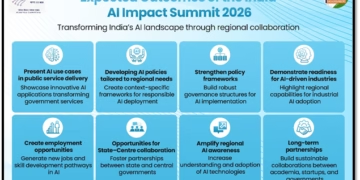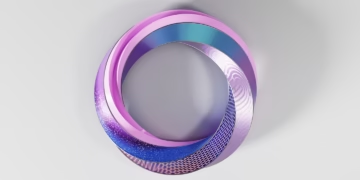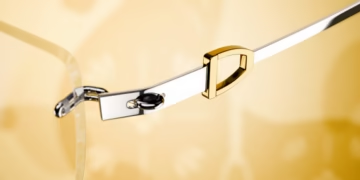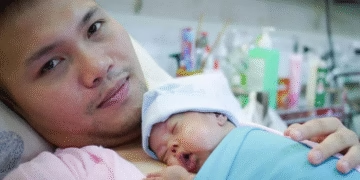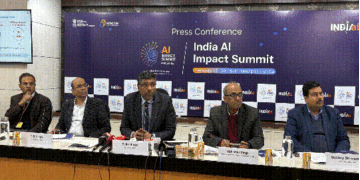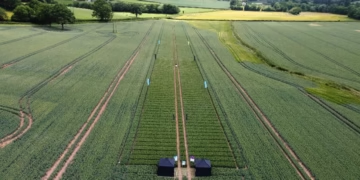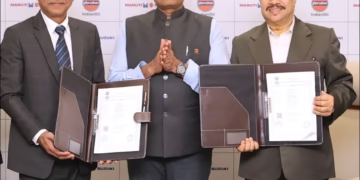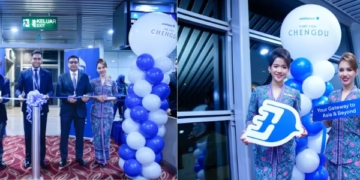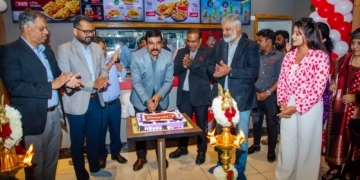YOKOHAMA, Japan – Nissan Motor Co., Ltd. announced that, as part of its global production restructuring under its recovery plan Re:Nissan, the company plans to transfer and integrate vehicle production at the Oppama Plant, located in the Oppama district, to Nissan Motor Kyushu Co., Ltd in Fukuoka Prefecture.
The company will cease vehicle production at the Oppama plant at the end of fiscal year 2027. Following this, both current and future models scheduled for production at Oppama will be manufactured at Nissan Motor Kyushu.
This decision applies solely to the Oppama plant within the Oppama district. Other facilities and functions in the district—such as the Nissan Research Center, GRANDRIVE, the crash test facility, and Oppama Wharf—will remain unaffected and continue operations as usual.
Nissan CEO Ivan Espinosa stated, “Today, Nissan made a tough but necessary decision. It wasn’t easy—for me or for the company—but I believe it’s a vital step toward overcoming our current challenges and building a sustainable future. The Oppama Plant is a proud part of our history, and its legacy will endure. I want to sincerely thank our employees, the local community, and our partners who have supported this plant with dedication and heart. We will continue to operate in the Oppama area with strong support for the local community, as we carry forward the spirit of Oppama plant and work to restore Nissan’s true value.”
Regarding the future utilization of the Oppama plant after production ends, Nissan will explore a wide range of options to determine the most appropriate path forward. Employees currently working at the Oppama plant will remain in their employment until the end of fiscal year 2027. To address concerns regarding employment and work arrangements beyond that point, the company will establish clear policies, communicate them to affected employees, and initiate discussions with the union promptly once decisions are finalized.
Under Re:Nissan, Nissan aims to reduce its global production capacity from 3.5 million units (excluding China) to 2.5 million units, while maintaining a plant utilization rate of around 100%. To achieve this, the company has been considering the consolidation of production sites from 17 to 10.
In Japan, Nissan has concluded that transferring and consolidating vehicle production from the Oppama Plant to Nissan Motor Kyushu is the most effective solution, based on production capacity, cost efficiency, and investment potential. This transfer is expected to significantly reduce manufacturing costs in Japan, strengthen plant competitiveness, improve product profitability, and support Nissan’s long-term growth. The related costs are under assessment and will be disclosed during the upcoming first quarter financial announcement.
Nissan also has announced that production of the NV200, currently consigned to the Nissan Shatai Shonan Plant, will end in fiscal year 2026. A successor to the NV200 is planned for introduction in fiscal year 2027, with further details to be shared at a later date. The company has earlier confirmed that consignment of the AD model will end in October 2025.
With this decision, Nissan concludes all vehicle production consolidation actions in Japan under the Re:Nissan plan.

